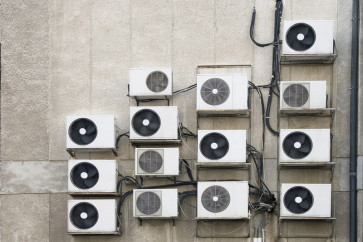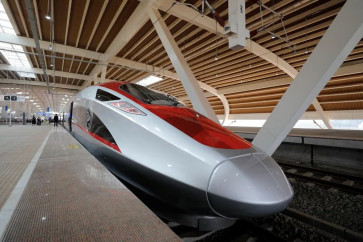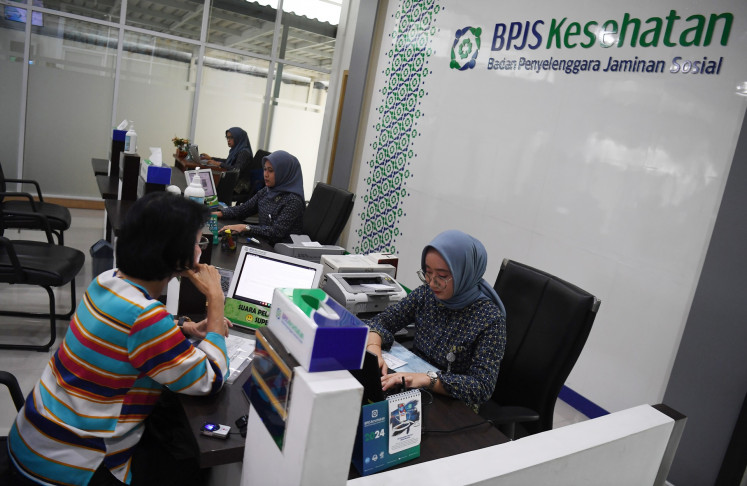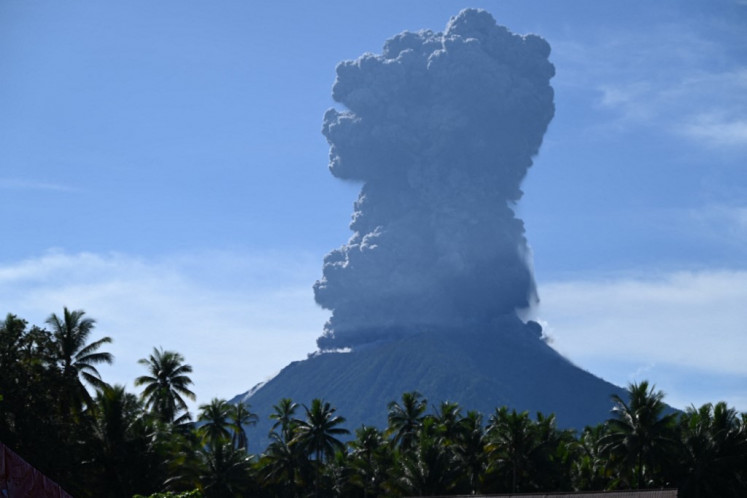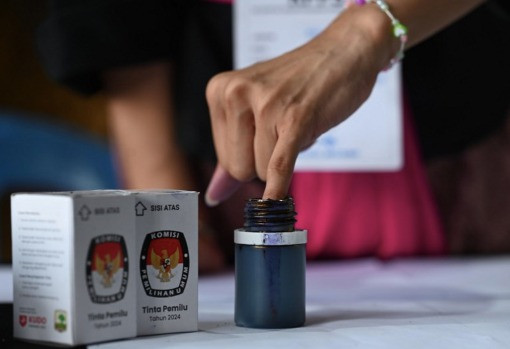Expats, locals flock to Jakarta's Christmas markets
Christmas vibe: Visitors flock to a Christmas-themed market held in Setiabudi, South Jakarta, from Nov
Change Size

C
hristmas vibe: Visitors flock to a Christmas-themed market held in Setiabudi, South Jakarta, from Nov. 15 to 17. The market was held to celebrate the upcoming Christmas and New Year's holiday season. The market was organized by online marketplace Ku Ka, which focuses on trading local products.(JP/Sausan Atika)
Christmas markets are a well-known German tradition and pop up all over the country during the festive season.
German national Thomas Weinmueller, however, faced a different situation ahead of the yearend holiday season in Indonesia, where he has been living for nearly two years: A Christmas market is rarely found here and if there is one, it is held on a bright, sunny day.
The 49-year-old father of two said that he usually started decorating his house at the end of November in his home country. He followed the family tradition during their first Christmas in Indonesia last year, and also played “particular songs to get a bit of feeling of Christmas”.
So when a Christmas-themed bazaar opened in Setiabudi, South Jakarta, he decided to pay a visit with his family, browsing each booth at the bazaar on Sunday.
“Since there are not so many Christmas markets [in Jakarta], whenever there is, we will [go take a look] and see what they offer,” Weinmueller told The Jakarta Post. He also plans to go to the Christmas market that the German community in Jakarta will hold next month.
The three-day seasonal holiday bazaar on Nov. 15 to 17 was organized by Ku Ka specifically for promoting local products, and was the first among the nine offline markets that the online marketplace had held since 2017.
“After our latest offline market in September ended, some customers and sellers asked us to create a yearend special edition [bazaar], because people would start looking for gifts,” Ku Ka manager Rilia Marina Lalamentik told the Post at the bazaar, which was held at the site of the former Batik 81 textile factory.
The bazaar hosted 83 vendors from Java and Bali offering locally made foods and beverages, clothing, accessories, handcraft and stationery. The goods ranged in price from Rp 15,000 (US$1) to Rp 1.5 million.
Rilia said that the organizing committee selected nearly 200 vendors from among those that had applied to participate in the bazaar according to strict criteria — including that the businesses should have unique products or a specific aim, such as promoting a social cause or the environment.
She added that the company expected the bazaar to see 4,000 visitors and generate Rp 500 million in transactions.
Shauna Cannon, a 29-year-old teacher from the United States, said she decided to visit the bazaar because it promoted local products.
During her visit on Sunday, she bought a pair of earrings for herself and a fridge magnet as a gift for a friend.
An expatriate who has lived just three months in Jakarta, Cannon said that she had already found a favorite trader of handcrafted jewelry, Haru Palette, which had a booth at the bazaar.
“[Their products] are very unique. It is not [something] you can buy at the [shopping] mall,” she said.
Indonesian shoppers also flocked to the bazaar over the weekend.
Joshua Lie, a 20-year-old university student who came just to window-shop, expressed his excitement over the products on offer, remarking that they were "value-added".
“Conventional markets offer more commercial products. But these are locally made, so it is nice to have them gathered in one place,” he said.
Among the products the bazaar featured were handwoven textiles made by the Baduy people of Banten, some worth Rp 1.5 million, that were sold with the help of volunteer Helmy Ouwerling, a 71-year-old Dutch woman who had a personal interest in Baduy culture.
Ouwerling said that expatriate and Indonesian shoppers were equally interested in buying Baduy textiles at the yearend bazaar, either for themselves or as gifts.
Mostafa, a vendor, said that he had crafted special Santa Claus beaded earrings for the Christmas bazaar, in addition to the ethnic-design jewelry he usually made. He also provided a free pouch for customers who bought his jewelry as gifts.
Mostafa is 22-year-old refugee from Afghanistan who has been living in Indonesia for nearly five years. He established his “I made this campaign” brand under the Ku Ka Foundation, so that the refugee community could remain productive by making handcrafted products.
The brand involves 20 refugee families, mostly from Afghanistan, Pakistan and Syria, who live in Bogor, West Java.
“It is not about making money. It is about educating and teaching them how to survive in crises,” he said of the brand.

